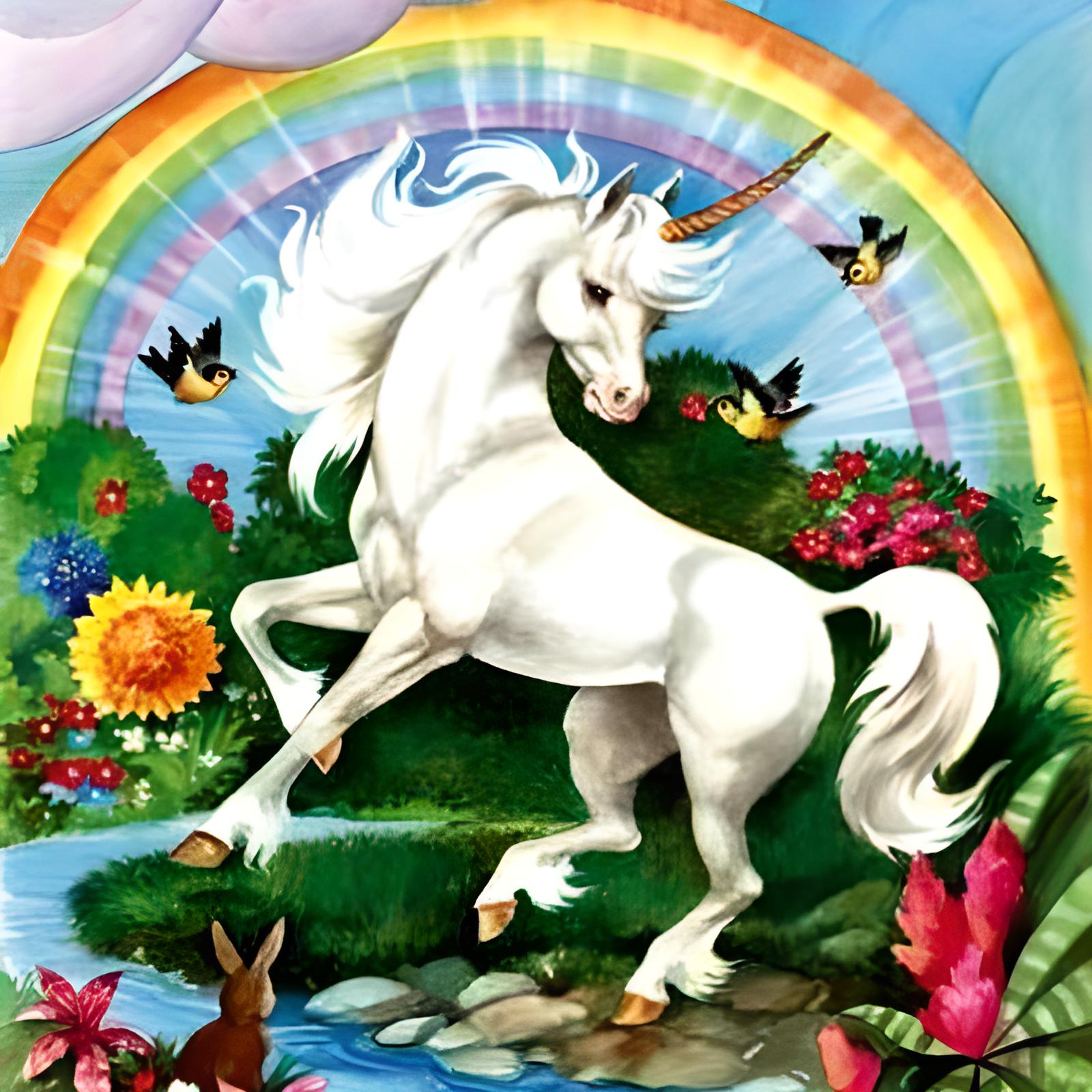Do you set aside a time each day to write? Do you write five pages stream of consciousness then trim it down into something that makes sense? Are you a planner? Do you write in a notebook? Do you write once, edit once? write twice, edit once? Write once, edit thrice?
I don’t have a consistent process. I’ve been experimenting with writing in a basic markdown editor, maybe 500 words at a time, then stringing together multiple entries as best I can. What I find is I have lots of ideas and thoughts that are separate, and critical to my ability to form complex thought is correlating multiple seemingly unrelating things, which then creates a new more complicated and hybrid whole. I can’t sit down and write 5,000 words on one thing, but I can write 500 words on ten things, and then use that as the basis of a mosaic piece that (when edited well) comes together into a unique whole.
In the past, I would have an idea for a story and attempt to start writing it start to finish with barely any notes on where I wanted the story to go or any kind of outlining. I would have it all in my head and try to fool myself into thinking I could finish writing an entire novel just by only writing what needed to be written and not wasting any time anywhere else. This is why I’ve never finished any large writing project, and any writing I’ve considered “finished” is usually under 5,000 words. I would either get bored because I didn’t have a clear goal written down, or I would give up because I decided the story wasn’t good enough.
Now, after becoming obsessed with my latest story idea, and hyping myself up and convincing myself that I WILL finish writing a novel, I’ve learned that in order for that to happen I need a lot more tools and organization than what I was previously trying to do. I’ll start by doing brain dumps any time I have any amount of inspiration, this allows me to quickly put down what I want to happen in the story without needing to describe what is actually happening in the story. It’s fun to go back to these pages after I’ve written a section and see what’s changed from then to now. I now have a lot more appreciation and understanding for why certain Star Wars characters originally had very different concepts and stories (Han Solo/Jaba original concepts).
After getting all of my ideas out, I then like to organize them. I’m currently using Fabula cards on a digital board called miro. Not trying to shill, but just to show you what the cards are, here’s the link: fabuladeck.com It took me a lot of time to understand that using a story formula to write doesn’t necessarily mean your story is formulaic, and if I want to attempt to subvert any expectations while also not upsetting my readers, I first have to understand what people expect in a story. I’ve also been reading “Save the Cat Writes a Novel” to try to get a deeper understanding of storytelling. I’ve always had good instincts when it comes to storytelling, but I’ve learned that I can’t completely rely on my instincts and I have to learn from people who have been doing this much longer and much more successfully than I have. I also have a copy of Ursula K. Le Guin’s “Steering the Craft” which I hope will also give me some more useful tools.
After I have everything organized the way I like, then I feel like I can start actually writing what I want people to read. I try not to think too much about it being perfect and only focus on writing it good enough that I can come back later and edit it to make it perfect. I have to remind myself that the editing process might take just as long as the writing process, so I shouldn’t waste too much time trying to edit while I write.
On top of all of this, I’m constantly filtering anything I consume through the lens of my story. I know that if I stop being obsessed with it, I will give up on it like all of my other projects, and as a result I’m constantly thinking of ways to include themes and character types from other stories that I enjoy.
I was totally the same way when I wrote my first novel. I had the general flow of the story in my head with a few scenes, and somehow ended up with a 65k word manuscript just out of my head. It was a disjointed, poorly paced, poorly written, character arc-less, boring mess of a story.
It was a good learning experience though. I found out that I’m not a pantser. After learning some frameworks (Abbie Emmons on YouTube has some really helpful resources for Planners to use) and getting a full outline written, I’ve found writing my third novel to be so much easier.
I haven’t heard of Fabula cards, I’ll have to check it out. I’ve honestly just been using the sticky notes app on my Mac and the card-based overview in Scrivener.
I found I wrote best when I forced myself to write 500 words a day, every day. Even if what I wrote was shit, it got the words down on the page.
I tend to daydream (or actually dream) up ideas then run them around my head for a while then when I feel like I have something worth while to write I will sit down and write. I try to get into the mindset of the character or scenario I am writing and just see where it goes. I tend to have very little ideas on where the plot will be going and just explore. This might lead to me writing myself into a corner, but it also leads to some really interesting ideas and spaces to play around with.
My process has been to dismantle all my useless and limiting expectations and structure which I was arbitrarily applying to myself and failing to meet. Now I write whatever whenever at my own whim which I have been having much more fun with. Writing isn’t my job, there’s no deadline, there are no laws regarding what structure it has to take, and no minimum requirement for how much I must produce on any kind of basis to be “worth it” at all. I do it because I like to write and read it, and sometimes other people like to read it as well.
I am working through writing my first novel, and I started at 1600 words/day in an attempt to keep up with NaNoWriMo. Now, though, I do about 300 words/day. I bang out a scene or two each day, out of order, based on whichever part of the story I want to add to. When I meet my final word count goal, I will reorganize and rewrite the whole a few times so that the story makes sense.
Are there any pitfalls to the consistent 300 words/day? Do you find that on some days you just can’t output good work, or maybe that you consistently avoid certain parts of the story that you don’t know how to write?
I used to keep separate books (fiction, journal, ideas, etc) but I found I could only personally keep consistent if I just wrote them all in one book I keep with me all day whenever the idea pops into my head
Most stuff only gets edited or expanded upon if after a few days I keep circling back to a passage or page
Do you make an effort to go back through your ideas and evaluate which ones you want to expand? Or does it happen more organically in some way?
deleted by creator
My process is influenced by my story’s nature/how I am publishing it: I am writing a character-driven serial on Royal Road. This means I am writing chapters of about 2000 words, and they are generally a fair amount over (I try to not let a chapter be less than 1800, but some chapters just are short before the next section that will be long is going to start).
Each chapter roughly represents a scene, 2-3 very short scenes, or a significant piece of a very long scene and I need to find a suitable break point.
So that is what I am aiming for when I sit down to write. I want to complete a scene/chapter. I don’t want a dangling thread. I want someone to be able to read this chapter and not feel like I just randomly stopped somewhere.
It’s in my not-writing time that I think about the rest of the plot and potential future scenes etc. Well, I try to organize it that way, which doesn’t always work. But this is how I focus my writing overall.







